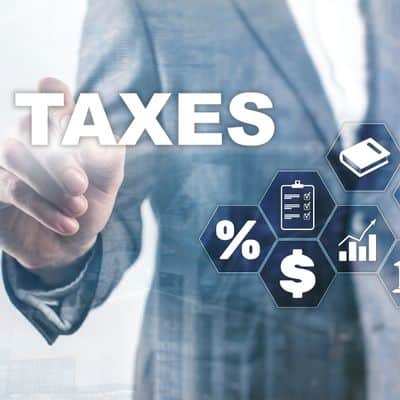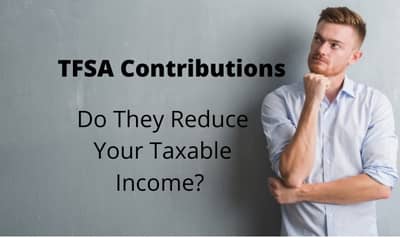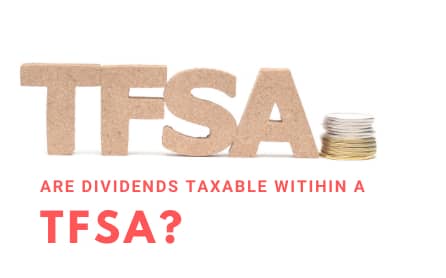When it comes to sports gambling and betting with respect to taxes, not a lot has been written about it. You may be wondering, if the tax rules are the same as those that play poker.
The good news is, sports gambling is not taxed, but as always, there are exceptions.
In this short guide, we’ll get into the nuts and bolts of it.
Let’s go.
Disclaimer: the following information is for informational and educational purposes and is not to be taken as tax advice or legal advice. Always consult with your tax advisor and local tax laws before making any business decisions based on your own tax situation.
Tax-Free for Recreational Gamblers
As mentioned, for most individuals who engage in sports betting recreationally, winnings are not subject to income tax.
This includes casual bettors who place bets occasionally and do not rely on sports betting as their primary source of income. This is important to note.
Unliked the United States, the Canada Revenue Agency (CRA) does not consider these winnings as taxable income because they are seen as windfalls rather than a consistent source of income.
In CRA’s Income Tax Act, paragraph 40(2)(F), it states that Canadians do not need to pay taxes on winnings if they are from games of chance.
So then, it begs the question, what about professionals?
Are Professional Gamblers Taxed on Winnings?
The situation changes for professional gamblers.
If you are considered a professional gambler, meaning you engage in sports betting systematically and with the intention of making a profit, your winnings are taxable. Put simply, if you need these winnings for steady income, you should declare taxes on your winnings as you are no longer a recreational bettor.

Professional gamblers must report their gambling income and can also deduct their gambling losses like any other business.
The CRA assesses whether an individual is a professional gambler based on factors such as the frequency of betting, the level of skill involved, and whether the individual relies on gambling as their primary source of income.
There is no clear cut definition. It is more around intention more than anything else within these parameters that they check.
Interest on Winnings – The Exception for Everyone
Regardless of whether you are a recreational or professional sports gambler, any interest earned on your gambling winnings is taxable.
For example, if you deposit your winnings in a savings account and earn interest, that interest must be reported as income and is subject to tax.
How do Professional Players Report Taxes
Professional gamblers (that are Canadian Citizens) need to declare their winnings on specific tax forms such as T2125, T1, T3, and T5013 (situation dependant). The tax rates for these earnings can range depending on your total income and the province of residence.
Canadian gamblers who also engage in online gambling as a professional are subject to gambling taxes as well.
A list of Games of Chance
Many gambling activities are considered windfalls and are not subject to taxation.
Here is a list of games (not exhaustive) and activities that are generally considered gambling and are not taxed:
- Lottery: Winnings from lottery games are not taxed as they are considered windfalls.
- Slot Machines: Earnings from slot machines (and other online casinos) are also considered windfalls and are not taxed.
- Roulette: Similar to lottery and slot machines, winnings from roulette are not taxed.
- Craps: Winnings from craps are not subject to taxation.
- Baccarat: Earnings from baccarat are considered windfalls and are not taxed.
- Big-6 Wheel: Winnings from the Big-6 wheel are not taxed.
- Sports Betting: Generally, winnings from sports betting (for example horse races and fantasy sports) are not taxed unless the bettor is considered a professional gambler who consistently profits from betting.
These activities are considered luck-based, and the CRA does not tax them as they are seen as windfalls rather than a consistent source of income.

Tax Deductions for Professional Gamblers
You may be wondering, can professional players also get tax deductions from the federal government? The answer is yes! Here is a short list.
- Business Expenses: Professional gamblers can deduct expenses related to their gambling activities as business expenses. This includes costs such as tournament entry fees, transportation, accommodation, and other expenses directly related to their gambling activities.
- Gambling Losses: Professional gamblers can also deduct their gambling losses against their winnings. This is a significant benefit that recreational gamblers do not have. Accurate and detailed record-keeping is essential to substantiate these deductions.
Record-Keeping
We highly recommend professional gamblers maintain meticulous records of their gambling activities.
This includes logging dates, types of gambling activities, amounts wagered, and the net results of these activities.
Proper documentation is necessary not only for tax purposes but also as a defense in case of an audit by the Canadian Revenue Agency
Keep Spinning and Winning
When it comes to your tax obligations as it pertains to sports betting, the answer is usually straight forward.
From online poker, to casino games or horse racing, you do not need to pay taxes on sports betting winnings unless you are considered a professional gambler.
So next time you’re at the sports betting table and worried about whether your potential winnings will pose a tax threat, you can be confident that in Canada, you’ll walk away tax free.






